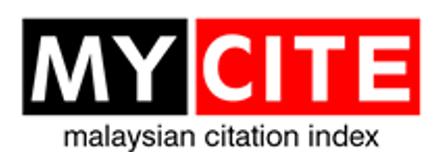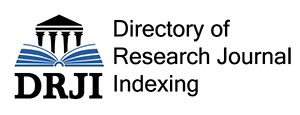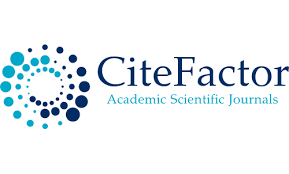MAPPING THE SHIFT TO DIGITAL AUDITING: TRENDS AND INSIGHTS FROM A BIBLIOMETRIC ANALYSIS
DOI:
https://doi.org/10.51200/lbibf.v22i2.5867Abstract
The advent of digital technologies has transformed the auditing landscape, enabling enhanced accuracy, efficiency, and transparency in audit processes. However, integrating digital tools within auditing practices remains uneven, with significant gaps in understanding emerging trends and their implications. This study explores the advancements in auditing through digital technologies using bibliometric analysis to map the evolution and current state of research in this domain. Leveraging Scopus Analyzer and VOSviewer software, we systematically analysed 668 publications, spanning a wide range of scholarly works. The analysis focused on identifying influential authors and collaborative networks, as well as mapping keyword co-occurrence and citation trends. Results reveal a steady growth in publications since 2015, highlighting the increasing scholarly interest in topics such as blockchain, artificial intelligence, and data analytics in auditing. Prominent clusters indicate a shift toward automation, fraud detection, and ethical considerations in digitally enabled audits. Despite these advancements, gaps persist in addressing the behavioural and organisational challenges associated with digital adoption in auditing. This study provides valuable insights into the trajectory of research in digital auditing, offering a comprehensive overview for academics and practitioners. By synthesising trends and identifying future research opportunities, our findings contribute to advancing the understanding of digital transformation in auditing and fostering its effective implementation in practice.
Downloads
Published
How to Cite
Issue
Section
License
Copyright (c) 2024 Labuan Bulletin of International Business and Finance (LBIBF)

This work is licensed under a Creative Commons Attribution 4.0 International License.

















